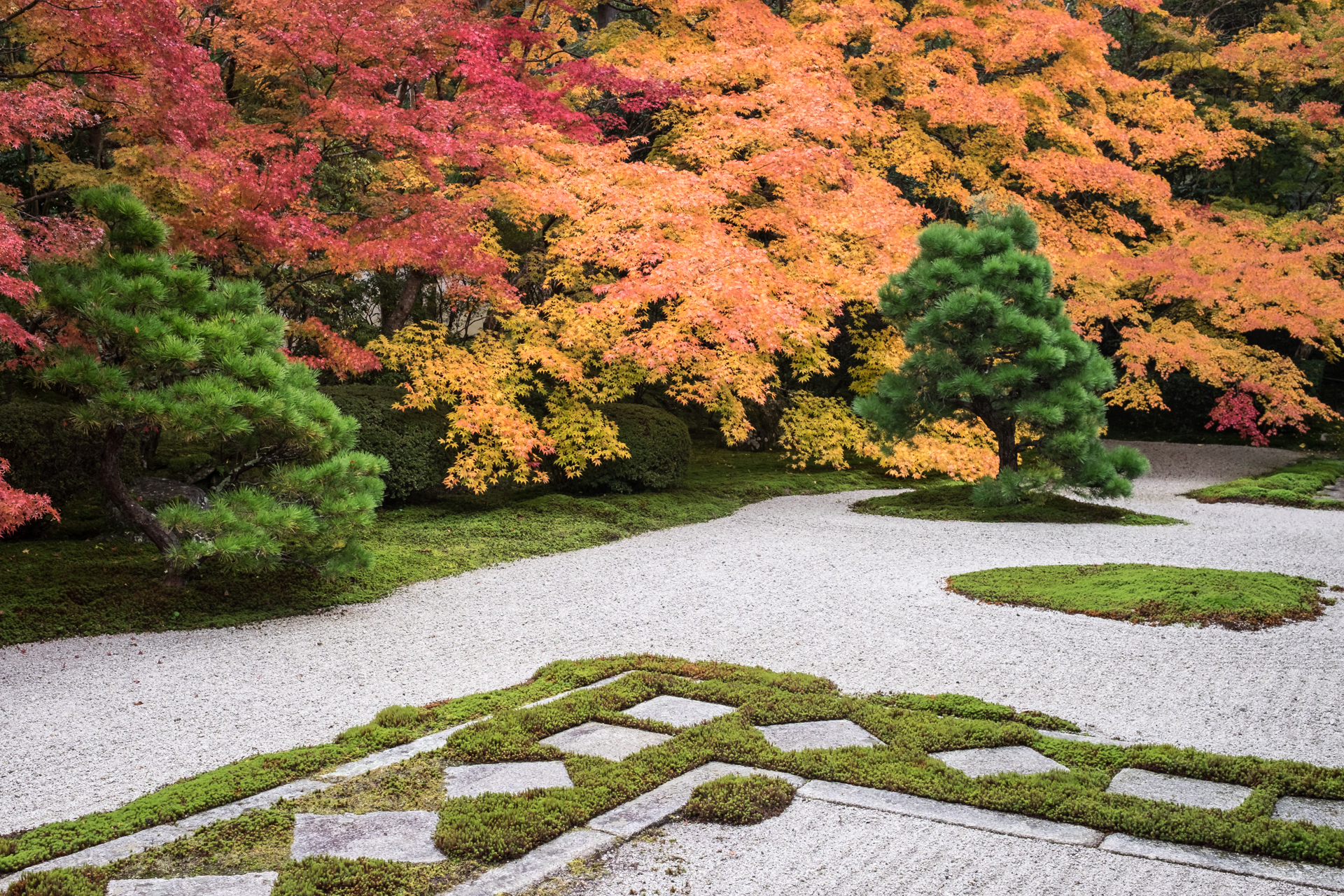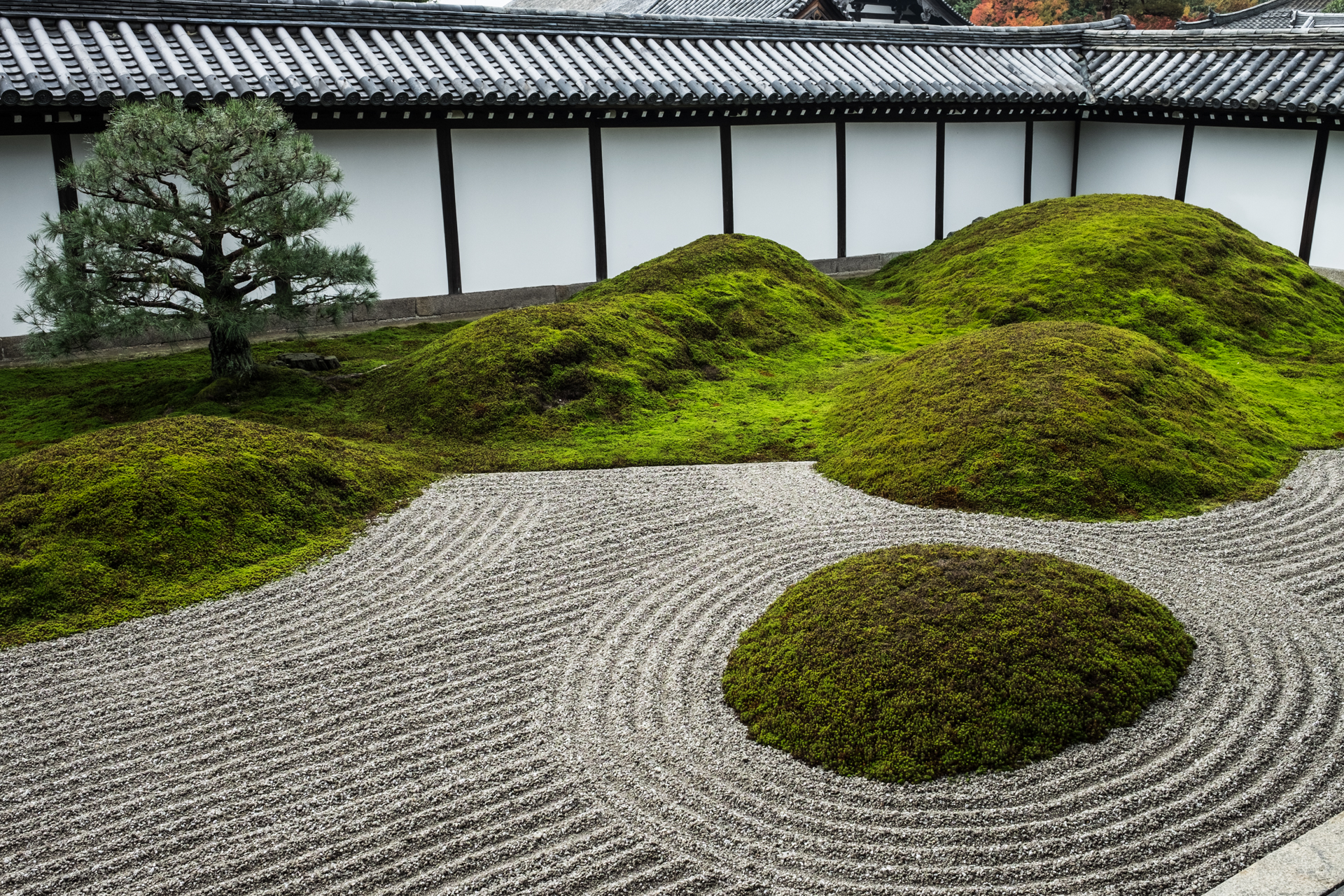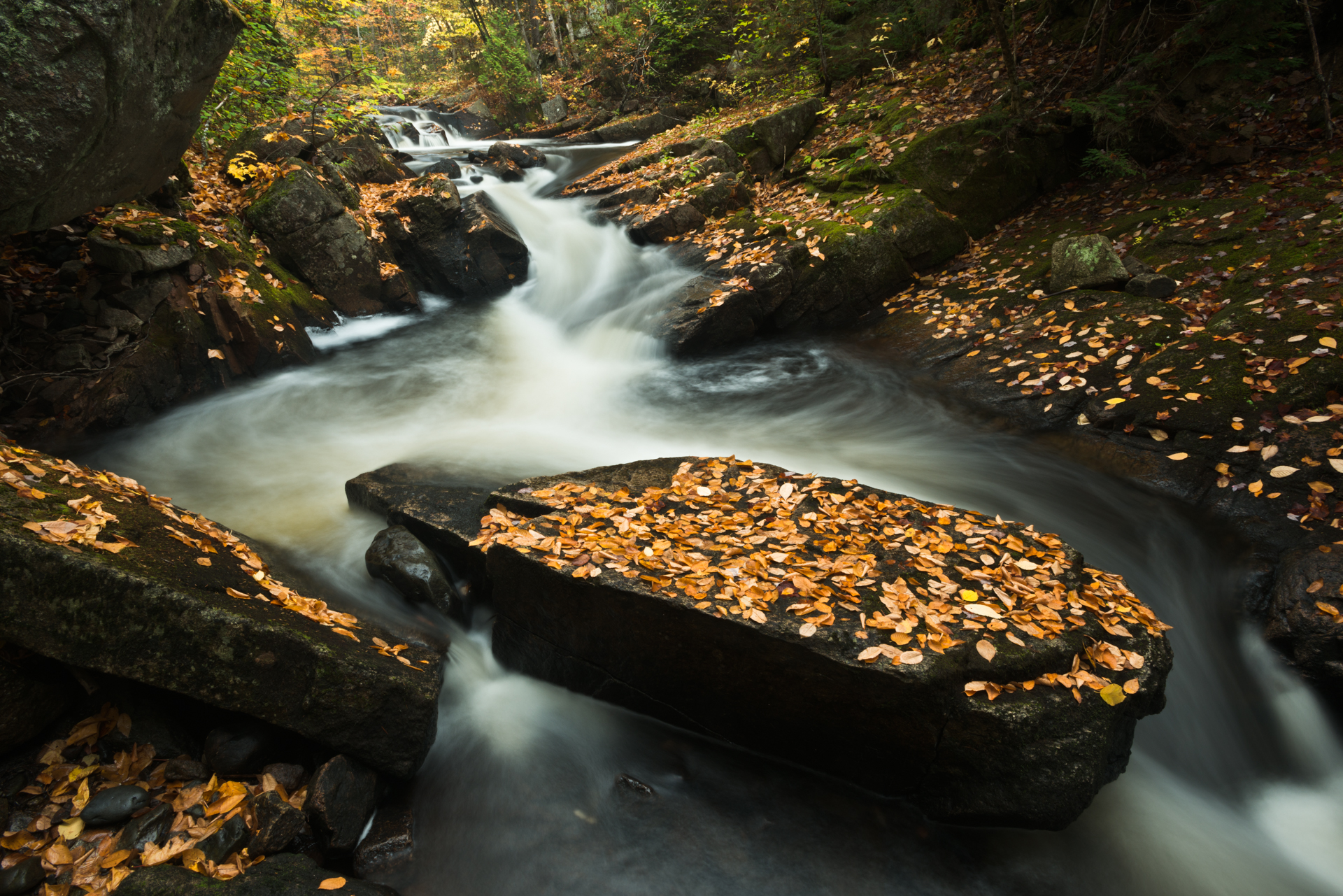I – The ad showed someone sitting cross-legged on a grassy knoll—overlooking clear blue waves gently rolling onto a white sandy beach—meditating. Our minds are messy, distracted, and busy places, but somehow this tropical perch seemed too easy. A meditation no-brainer. I’m thinking that the real challenge would be to meditate standing up on a packed ‘L’ train making a screechy turn downtown Chicago at Wabash and Lake—or in a crowded cafe with someone letting us in on his cell phone conversation—or at LAX during the daytime crunch of flights. If you can find clarity and quiet there, you’ve got your meditating shit together. Sitting under security announcements about unattended bags and passengers about to miss their flights—until very recently my home airport of Albuquerque added to the din by letting everyone inside security know about not leaving a parked car unattended outside security—I imagine high level monks, letting it all go, centering. I think I’ve spotted a few here and there, hidden amongst the chaos, unfazed.

II – Kyoto, Japan is sprinkled with ancient gardens. Designed centuries ago and nurtured ever since, I observe nuances about branches tied down or propped up—the slender ropes or support poles now hidden with decades of moss—to lead the eye, create space, or close a view—passed from gardener to gardener, for hundreds of years. The entrance to the garden from the street is never direct. Several turns in the stone path help shed daily thoughts, begin to introduce beauty, and build anticipation. From inside a temple or tea room, the view from sitting on a tatami is purposeful, a thoughtfully framed eyeful around the view. Scenery from outside the little garden—a neighbor’s tree or a distant mountain—may be incorporated into the design. Moss is groomed on your knees with garden tweezers, the pruning progress of a morning measured in feet. This year’s pine growth may be severely clipped back leaving pom pom-like tassels, a way to reveal the negative-spaced sky at the expense of most of the tree’s photosynthetic efforts.

III – There is a stretch of the Appalachian Trail in Maine’s Hundred-Mile Wilderness where thru-walkers, just days from the finish of their 2000 mile, six month journey, move through this landscape of sweet-smelling conifers and cascading streams, their heads down and with blind purpose, trucking towards the finish line on top of Mount Katahdin. Along one part of the trail I hop down to the fast water below, surrounded by moss-clad boulders in a crazy roar of water. Fallen logs, summer’s ferns empty of green and bent over, an emptying of autumn leaves scattered everywhere. I love this place of wild water. I have sat by it many times over a couple decades. I listen with eyes closed, being filled with the rush and the roar. Eyes open I follow a leaf until it gets swallowed under water or shot out of sight. I move my eyes from a torn carpet of moss revealing a coarse salt and pepper granite below, to a half submerged birch sapling bobbing and weaving, drowning and coming up for air—nonstop—even through tonight’s quiet darkness when only a yearling bear might stop and take notice. Amidst all this, I find an inner quiet. Clarity.

IV – And so I wonder, why do we need the intensely manicured Japanese Garden? Don’t get me wrong, I find moments of respite in them, yet I wonder if the simplification of lines and shapes, the severity of pruning and raking, the presence of just one sound—a drip, drip, drip from a fountain, or the regular but spaced clack! of a sōzu—allows us to meditate within the simplification of the grassy knoll ”overlooking clear blue waves gently rolling onto a white sandy beach.” In a human life of noise and chatter, do we need a quick route to emptiness? If nature is the sacred ideal held high in many Eastern cultures, wouldn’t the ultimate space to find connection be in the rawness and intensity of a wilderness stream? If the Japanese concept of wabi sabi matters—which amongst other ideas celebrates perfection in imperfection—why then do we take the whole of nature, with all its scars, barnacles, and decay, and transform it into an aesthetically clean view? Rikyū, the celebrated master of the way of tea, sent his son out to rake the garden of fallen leaves. After doing so a couple times (There are variations on the story depending on who tells it.) Rikyū goes out to the garden, shakes a maple branch, letting a gentle and controlled cascade of leaves cover the cleanly swept moss. Ah, perfect! Yet underlying it all is a controlled space, removed of everything busy except the gentle chaos of a few leaves.
I suppose, given the frenetic energy of our lives, maybe all we can take is a gentle cluttering, just a few scattered rocks on the white sand of our minds, not more.